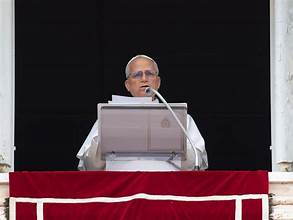.png)
COUNTRY OF PALESTINE
On September 21, 2025, Britain, Canada, Australia, and Portugal made headlines by collectively recognizing a Palestinian state, a significant diplomatic shift that sparked a wave of reactions globally. Palestinian leaders celebrated this step as a monumental affirmation of their long-sought aspirations for sovereignty. However, the move was met with fierce backlash from Israel. Prime Minister Benjamin Netanyahu wasted no time condemning the decision, characterizing it as a “huge reward to terrorism” in the wake of the tragic events of October 7, 2023, when Hamas launched a severe attack.
Netanyahu’s statement, insisting that “there will not be a Palestinian state west of the Jordan River,” underscores the deepening tensions between Israel and supporters of Palestinian statehood. His warnings reflect a long-standing fear that recognizing the Palestinian state might embolden extremist factions rather than promote peace. Yet, this coordinated recognition by Western nations hints at a shifting perspective on the Israeli-Palestinian conflict, emphasizing the need for dialogue and resolution.
As these nations navigate the intricate web of international relations, the clash of ideals highlights the ongoing struggle for peace in a region fraught with complexity. The future remains uncertain, but this diplomatic maneuver may indicate a potential turning point in global attitudes toward Palestine.
3 Comments

John Doe 01 Jan 2045
Diam amet duo labore stet elitr invidunt ea clita ipsum voluptua, tempor labore accusam ipsum et no at. Kasd diam tempor rebum magna dolores sed sed eirmod ipsum.

John Doe 01 Jan 2045
Diam amet duo labore stet elitr invidunt ea clita ipsum voluptua, tempor labore accusam ipsum et no at. Kasd diam tempor rebum magna dolores sed sed eirmod ipsum.

John Doe 01 Jan 2045
Diam amet duo labore stet elitr invidunt ea clita ipsum voluptua, tempor labore accusam ipsum et no at. Kasd diam tempor rebum magna dolores sed sed eirmod ipsum.

.png)
.png)

.png)
.png)
.png)
.png)
.png)
.png)
.png)
.png)